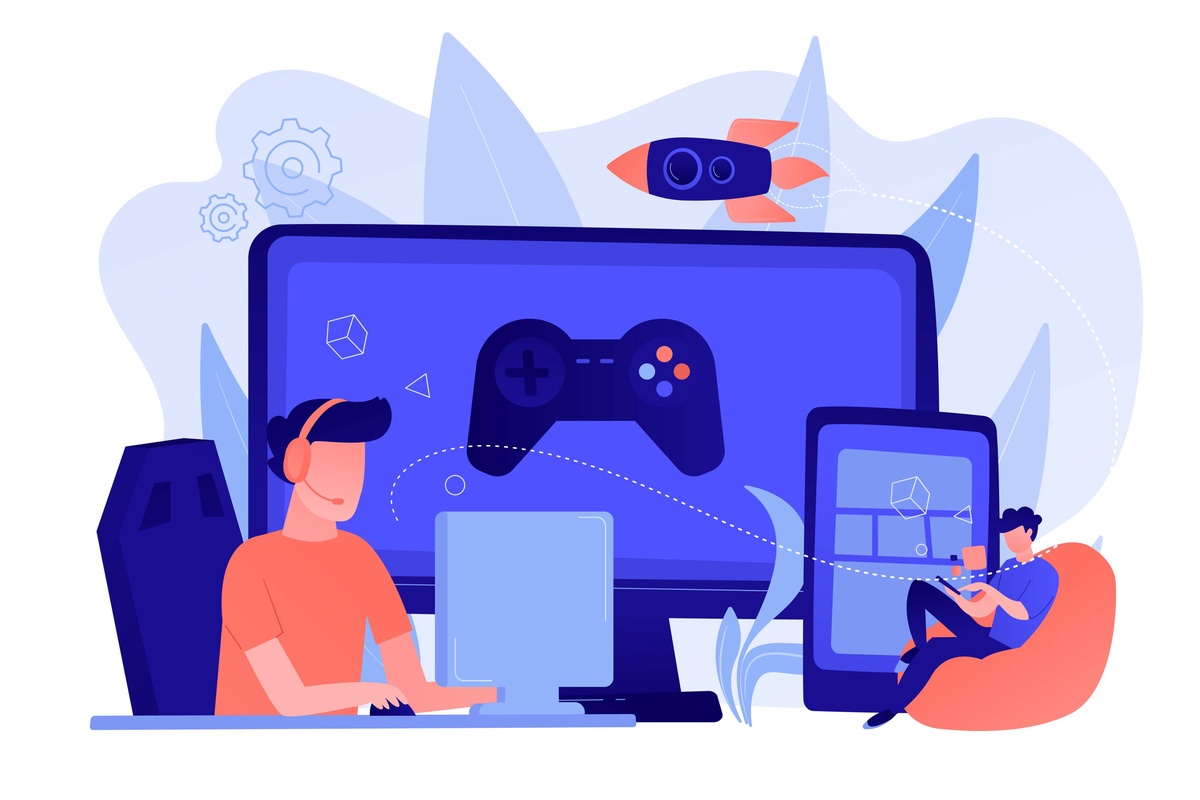In the fast-paced world of mobile game development, performance plays a pivotal role in determining a game's success. Gamers expect nothing less than seamless and smooth gameplay that captivates their attention. High-performing games not only attract more players but also tend to receive positive reviews and higher ratings, leading to increased visibility and downloads on app stores. In this article, we will explore essential strategies to optimize performance in mobile game development, ensuring that your game stands out from the competition.
Understanding the Importance of Mobile Game Performance
When it comes to mobile gaming, performance is the key differentiator between a hit game and a forgettable one. Players want immersive experiences without any lags or delays. As a game developer, it is crucial to recognize that the modern mobile gaming landscape is highly competitive, with thousands of games vying for players' attention. Users are more likely to abandon games that exhibit poor performance, resulting in lower retention rates and reduced revenue potential.
To create a successful mobile game, developers must prioritize performance optimization from the initial stages of development. Let's explore five effective ways to enhance performance in mobile game development.
Optimizing Game Assets for Efficiency
Game assets, such as images, textures, and audio files, contribute significantly to the overall size of the game. Large asset sizes can lead to longer loading times and increased memory usage, affecting the game's performance. To mitigate this issue, developers can employ various asset optimization techniques.
Compressing Images and Textures
Using high-quality images and textures enhances the visual appeal of the game, but it can also lead to larger file sizes. By implementing image and texture compression algorithms, developers can reduce the size of these assets without compromising their quality. This reduction in file size results in faster loading times and smoother gameplay.
Minimizing Audio Files
Audio files, such as background music and sound effects, can also be optimized for better performance. Removing any unnecessary audio files and using compressed audio formats can significantly reduce the game's overall size and enhance its performance on mobile devices.
Enhancing Code Efficiency
Efficient coding practices not only improve the game's performance but also make the development process smoother and more manageable. Developers should focus on writing clean and optimized code to eliminate any bottlenecks that could impact the game's speed and responsiveness.
Reducing Redundant Code
Eliminating redundant code is essential for streamlining the game's execution. Redundant code segments consume additional processing power and memory, leading to performance issues. Conducting regular code reviews and optimizations can help identify and remove such code, improving the game's overall efficiency.
Implementing Multithreading
Multithreading allows games to perform multiple tasks simultaneously, taking advantage of multi-core processors commonly found in modern mobile devices. By distributing tasks across multiple threads, developers can prevent performance bottlenecks and ensure smoother gameplay.
Prioritizing Frame Rate and Smooth Gameplay
A high and consistent frame rate is crucial for delivering a smooth and immersive gaming experience. Players often perceive lower frame rates as stuttering or lag, which can significantly detract from the overall enjoyment of the game.
Keeping Graphics Simple
While detailed graphics can enhance visual quality, they can also be resource-intensive. Striking a balance between visual appeal and performance is essential. Implementing simple graphics for less crucial elements of the game can improve the frame rate and overall performance.
Frame Rate Optimization Techniques
Developers can employ various frame rate optimization techniques, such as dynamic resolution scaling and adaptive graphics settings, to maintain a stable frame rate across different devices. These techniques adjust the game's visual fidelity based on the device's capabilities, ensuring smooth gameplay across the board.
Streamlining User Interface (UI)
A user-friendly and efficient UI is vital for ensuring a positive gaming experience. Cluttered or complex UI can confuse players and hinder their ability to enjoy the game fully.
Simplifying UI Elements
Simplicity is key when designing the game's UI. By reducing the number of on-screen elements and simplifying their layout, developers can create a more responsive and intuitive user interface.
Implementing UI Caching
UI caching involves storing frequently accessed UI elements in memory, reducing the need for repeated rendering. This approach improves UI responsiveness and minimizes UI-related performance issues.
Utilizing Caching and Data Management
Efficient data management is essential for optimizing performance in mobile game development. Caching frequently accessed data and employing smart data storage techniques can significantly reduce loading times and enhance the overall gaming experience.
Caching Frequently Accessed Data
By caching frequently accessed data, such as level assets and character information, the game can quickly load this data from memory, reducing the need for time-consuming disk reads.
Efficient Data Storage Techniques
Optimizing data storage techniques, like using binary formats and database indexing, can lead to faster data retrieval and processing, resulting in improved game performance.
Conclusion
In conclusion, optimizing performance in mobile game development is critical for creating successful and engaging games. By prioritizing efficient asset management, clean coding practices, frame rate optimization, and streamlined UI design, developers can deliver high-performing games that captivate players and stand out in the competitive mobile gaming market.


No comments yet